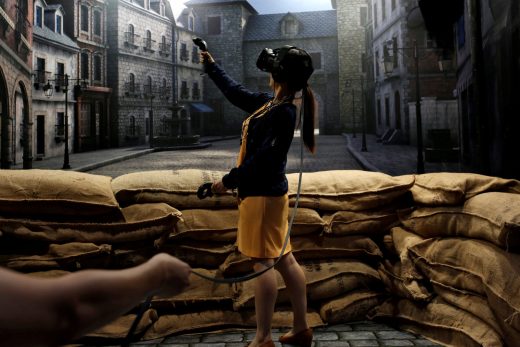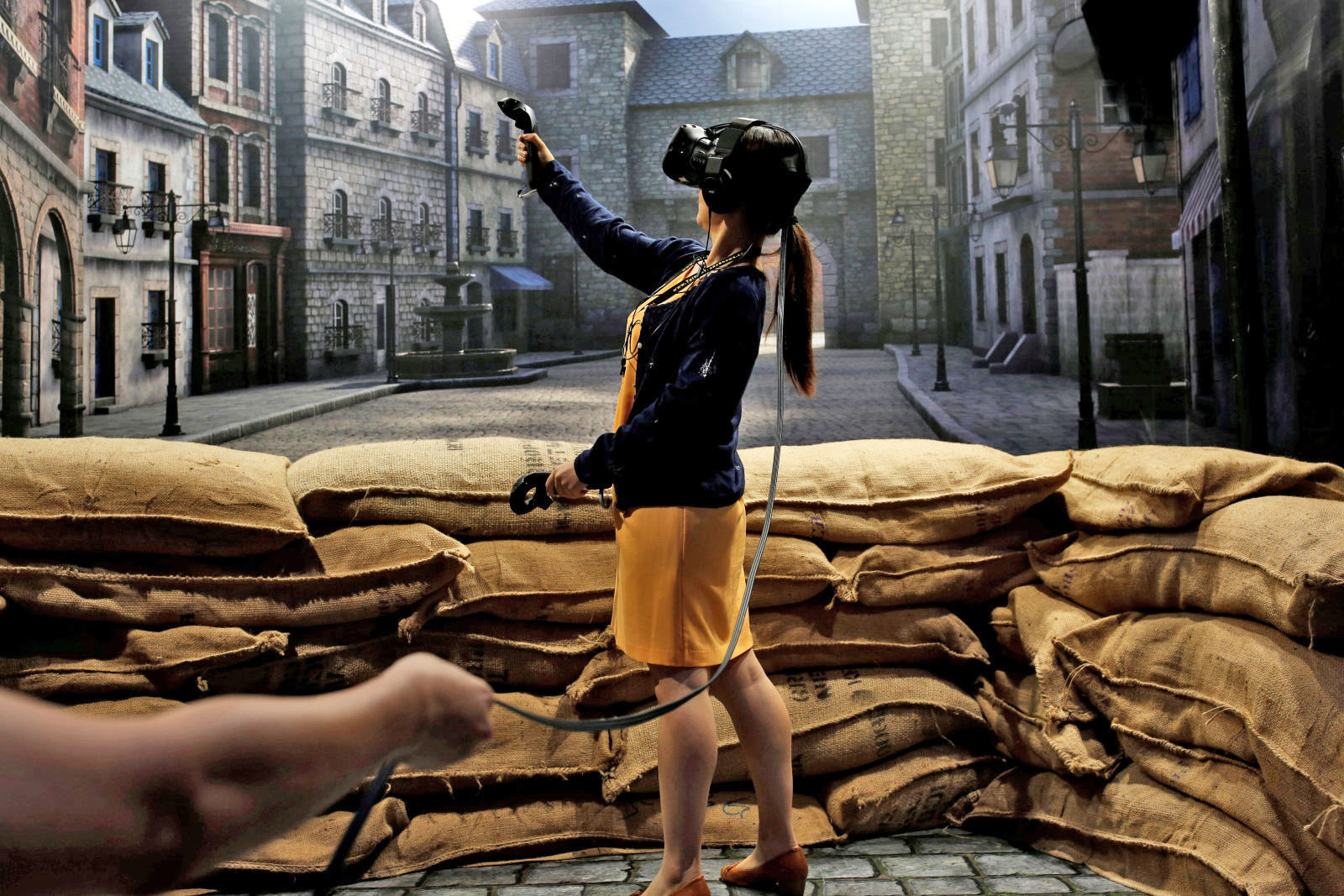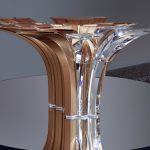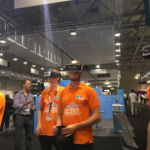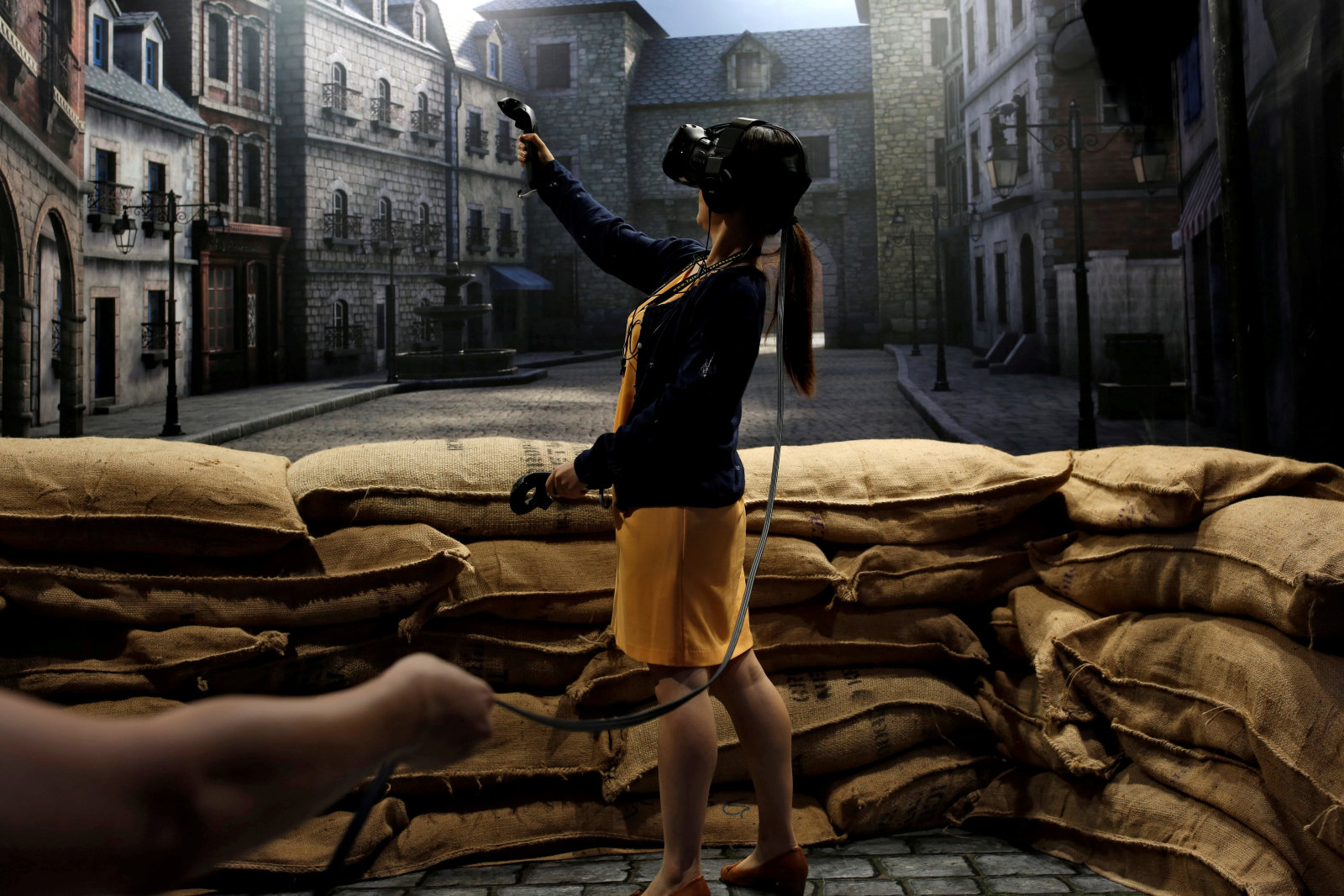Valve promises more realistic audio for VR
Most of the effort in improving virtual reality focuses on the visuals. But what about audio — isn’t it jarring to hear sound that clearly doesn’t mirror the world you’re in? Valve thinks it can fix that. It just released a Steam Audio kit that lets developers provide more immersive sound in games and apps, particularly for VR. On top of producing binaural audio (reflecting how your body affects listening), it has a particularly advanced, physics-based approach to generating sound effects.
For one, Steam Audio can handle situations where obstacles only block some of the sound. If you’re rounding a corner, you’ll hear a subtler transition from muffled to clear noises. It can also propagate sound around objects in real time, rather than relying on clunky custom effects. And reverb depends on not just the shape of the environment, but the acoustic properties of its materials. A metal hallway in a spaceship is much more likely to reverberate sounds than a carpeted room in a house, for instance.
The kit is freely available and currently works with Android, Linux, Mac and Windows devices using the Unity engine. Unreal Engine 4 support is coming soon. It’s up to creators to take Valve up on its offer and implement Steam Audio, but the technology could easily provide an important boost to VR, and games as a whole. Developers won’t have to bend over backwards to create realistic audio environments, particularly for room-sized VR where crawling under a desk or leaning around a corner can make a big difference in what you hear.
(43)

